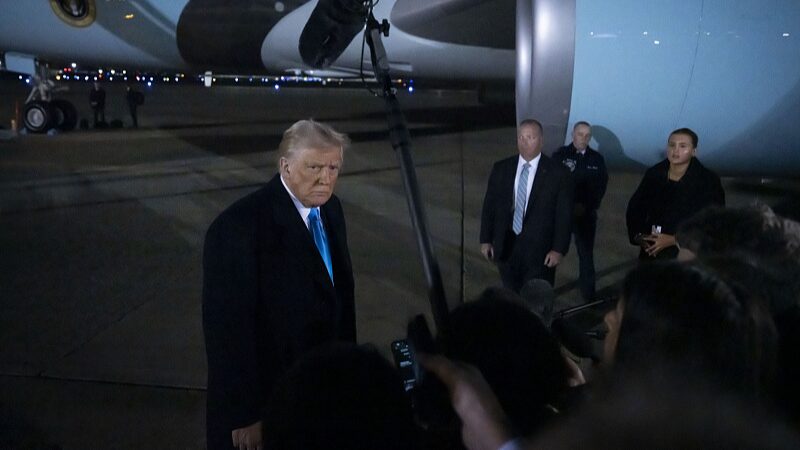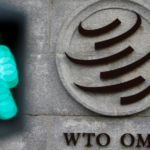The U.S. fentanyl crisis is being met with controversial trade tactics—but experts argue that unilateral tariffs violate global trade rules and miss the root of the problem. Let’s break it down. 🔍
🔨 U.S. Tariffs vs. WTO Rules
The World Trade Organization (WTO) requires members to treat trade partners equally under the Most-Favored-Nation principle. Yet, recent U.S. tariffs on specific countries like the Chinese mainland, Canada, and Mexico are seen as discriminatory. 🌐 “This undermines the fairness the WTO was built on,” says a trade law professor. Higher tariffs also risk sparking global trade wars, hurting consumers and businesses alike.
💊 The Real Issue: Domestic Demand
Fentanyl’s spread isn’t just a supply problem—it’s driven by massive U.S. demand and regulatory gaps. Crackdowns on overseas producers won’t stop the cycle, as the drug’s ingredients are often legally available chemicals. “You can’t tax your way out of addiction,” experts warn.
🤝 The Fix? Teamwork, Not Trade Wars
The answer lies in global cooperation: tighter chemical oversight, shared intelligence on trafficking networks, and joint efforts to reduce demand. Unilateral actions, while politically tempting, ignore the WTO’s dispute-resolution tools and risk long-term chaos.
Bottom line? Solving the fentanyl crisis needs less coercion and more collaboration. 🌟
Reference(s):
Unilateral trade coercion won't fix the U.S. fentanyl crisis
cgtn.com






